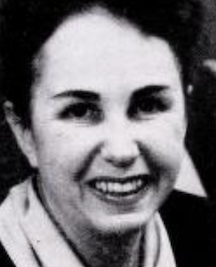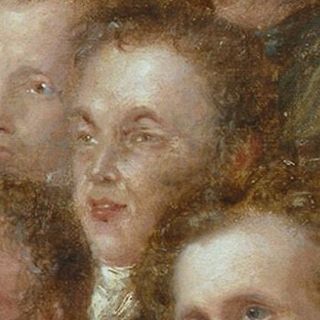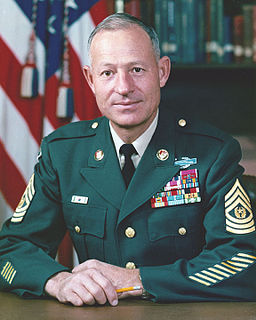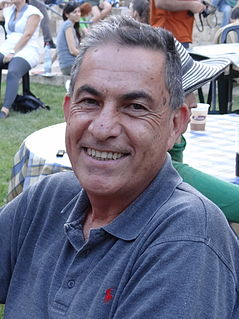A Quote by Charles Babbage
Those from whose pocket the salary is drawn, and by whose appointment the officer was made, have always a right to discuss the merits of their officers, and their modes of exercising the duties they are paid to perform.
Related Quotes
Among those whose reputation is exhausted in a short time by its own luxuriance are the writers who take advantage of present incidents or characters which strongly interest the passions, and engage universal attention. It is not difficult to obtain readers, when we discuss a question which every one is desirous to understand, which is debated in every assembly, and has divided the nation into parties; or when we display the faults or virtues of him whose public conduct has made almost every man his enemy or his friend.
We want the Army to be society's model of fair treatment. We want to assure that all soldiers are treated fairly, not because it is necessary but because it is right. Those units that have the fewest incidents are those whose noncommissioned officers really know their men and take a personal interest in their welfare.
Now see what a Christian is, drawn by the hand of Christ. He is a man on whose clear and open brow God has set the stamp of truth; one whose very eye beams bright with honor; in whose very look and bearing you may see freedom, manliness, veracity; a brave man--a noble man--frank, generous, true, with, it may be, many faults; whose freedom may take the form of impetuosity or rashness, but the form of meanness never.








































